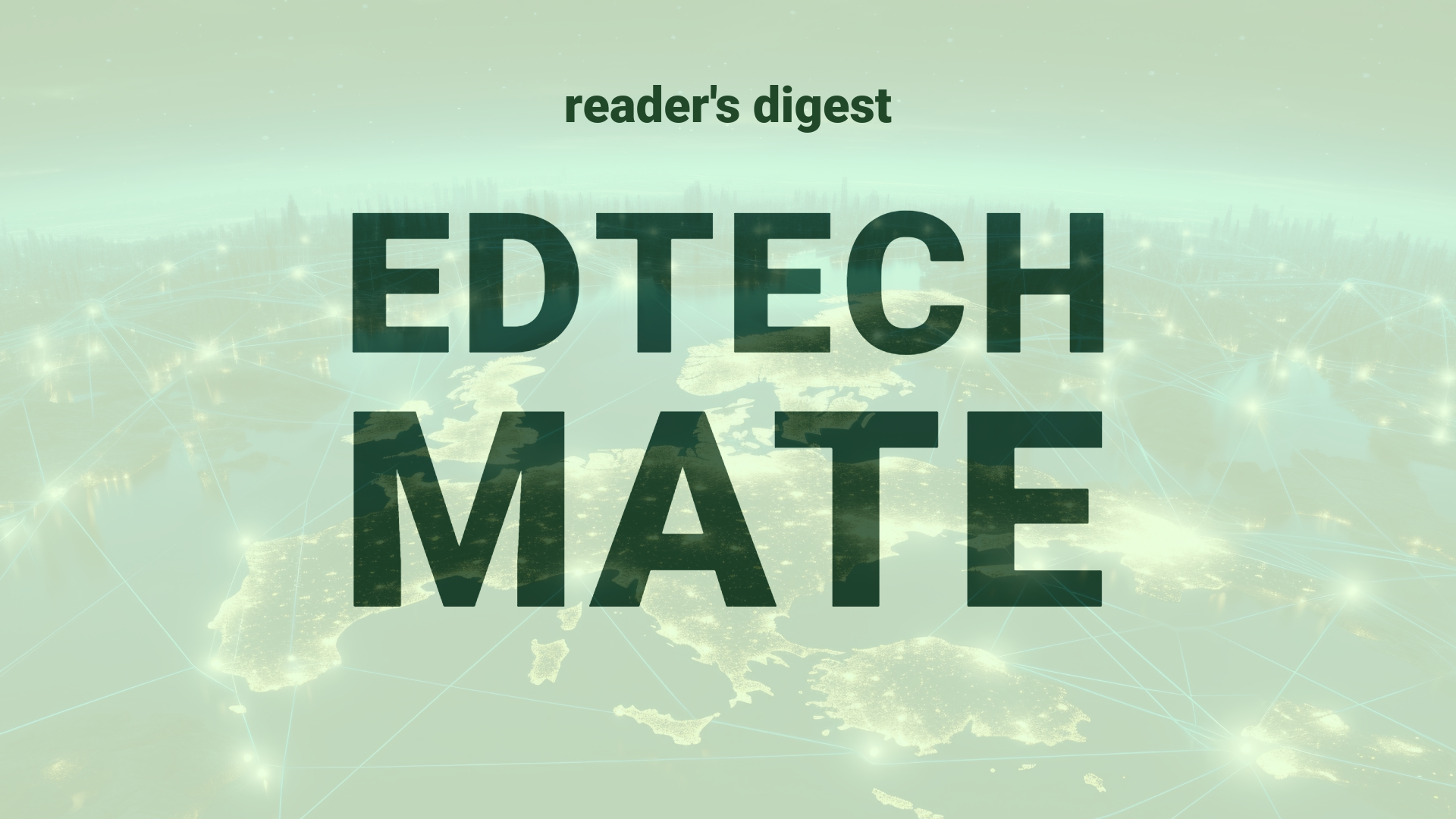Executive Summary and Main Points
In an environment marked by rapid technological progression, the intersection of data, analytics, and Artificial Intelligence (AI) is shaping a transformative future for IT leadership. As highlighted in Foundry’s 23rd annual State of the CIO survey, effective leadership now necessitates a focus on spearheading change. This call to action for IT professionals is underscored by the upcoming FutureIT Boston event, which is set to take place on May 14, 2024, at Fenway Park. The event promotes a distinctive convergence between technical leadership and emerging AI technologies while aiming to uncover the business value encapsulated within the sphere of innovative tech.
Potential Impact in the Education Sector
The principles abridged from this crossover between IT, data, and AI have profound implications for the education sector. Further Education and Higher Education institutions stand on the brink of a digital overhaul, where curricula and educational models can be revolutionized through data insights and AI-driven learning platforms. The potential incorporation of Micro-credentials, crafted through strategic partnerships and underpinned by digitalization, is poised to offer more personalized and flexible learning pathways, synergizing with the demand for continuous, lifelong learning in a digitally interconnected world.
Potential Applicability in the Education Sector
The applicability of AI and digital tools in global education systems can manifest in various innovative applications. AI-powered analytics can facilitate predictive modeling for student success, customize learning experiences, and optimize administrative operations. Digital tools can further aid in the creation of virtual learning environments and the extension of global classrooms, thereby fostering cross-cultural collaboration and internationalization in higher education. AI’s role in amassing and analyzing global education data could also enable more informed strategic decisions and policy-making at both institutional and national levels.
Criticism and Potential Shortfalls
As with any technological advent, the integration of AI and emergent technologies in higher education prompts a spectrum of criticisms and potential shortfalls. Key concerns revolve around the ethical uses of AI, data privacy, and the potential for exacerbating existing inequalities. Comparative international case studies demonstrate varied success and challenges—ranging from the enthusiastic adoption in technologically advanced environments to resistance or lack of readiness in areas with technological constraints or cultural opposition. The digital divide remains a global challenge, potentially limiting equitable access to tech-enabled education advancements.
Actionable Recommendations
International education leadership must engage proactively with these technological developments. Practical steps include forming collaborative industry and academic partnerships to drive both the technology and its application in teaching and research. Investment in faculty training for digital competencies is crucial, alongside the establishment of ethical frameworks for the use of AI within the institution. Developing infrastructure that ensures access and equity will be vital to mitigate the risks of the digital divide. Lastly, future projects should consider not only the integration of these technologies but also ongoing review and adaptation processes, keeping pace with rapid technological changes while considering the global heterogeneity of higher education systems.
Source article: https://www.cio.com/article/2099489/are-you-the-type-of-player-who-makes-it-happen.html

